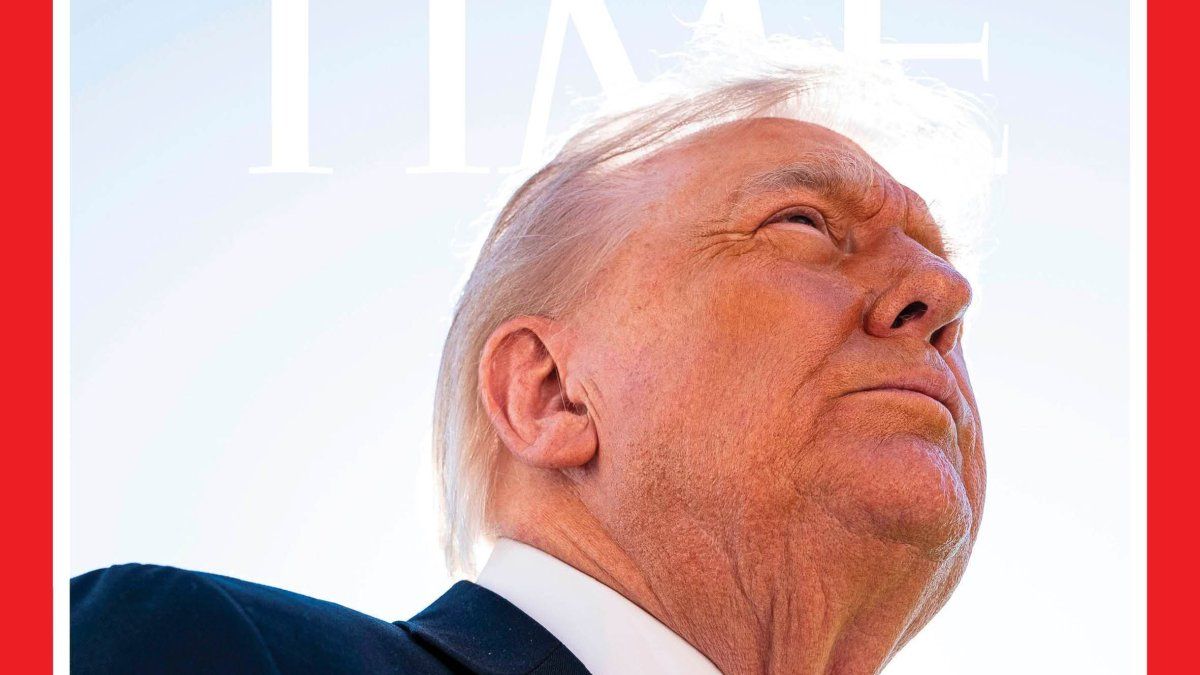There are only a few weeks left until the Deutschlandticket for millions of passengers is launched. There was quite a struggle for money in order to be able to implement the offer. Now the penultimate hurdle is up.
After months of dispute, the financing of the future 49-euro ticket for buses and trains throughout Germany is on the home stretch. The Bundestag is to pass a draft law by Transport Minister Volker Wissing (FDP) today, which will determine the federal share.
Accordingly, from 2023 to 2025, an additional 1.5 billion euros are to be made available in order to compensate for half of the loss of income from transport providers due to the low price. The federal states should pay for the other half. The Bundesrat then has to approve the law.
“A revolution in German public transport”
SPD faction deputy Detlef Müller told the German Press Agency: “With the Deutschlandticket we are starting a revolution in German local transport.” Parliament is now setting the course for adequate funding. Together with the countries, this ensures that the ticket is financially sound. “Many millions of commuters will be relieved like never before by the climate-friendly and inexpensive ticket.”
The planned “Deutschlandticket” is to start on May 1st with an introductory price of 49 euros per month and tie in with the popular 9-euro ticket from summer 2022. A digitally bookable, monthly subscription is planned, which is valid nationwide for local transport. There were lengthy discussions between the federal and state governments about the financing. For the time being, it was agreed that possibly higher costs in the introductory year 2023 would have to be borne equally. During an initial consultation on the draft, the Federal Council called for further financial commitments. However, the federal government refused.
However, the traffic light coalition partly took up another demand from the federal states: the increase in rail user fees that providers of local trains have to pay should be limited to 1.8 percent for longer than just this year – namely also for 2024 and 2025 The Federal Council had called for a freeze until 2031.
When expanding “urgently step up a gear”
On the occasion of the planned new regulations, the budget committee of the Bundestag insisted on a generally correct use of the regular billions in payments from Berlin for local transport in the federal states. One of the requirements formulated in a decision was to work towards the fact that, due to the high importance of local public transport (ÖPNV) in achieving the climate protection goals, the share of the funds of the federal states “substantially increases overall”.
Green budget expert Paula Piechotta made it clear that this is now important – just as the federal government is setting a good example and taking on a lot of responsibility for financing. For the FDP, Frank Schäffler emphasized that according to the Basic Law, public transport is a task for the federal states. They would have to “urgently step up a gear” when expanding. Metin Hakverdi (SPD) said: “The Deutschlandticket is a turning point in local public transport.” This finally completes the necessary departure. In addition, it is important to increase the expansion of public transport.
“Keep the price stable for as long as possible”
The development of ticket prices for passengers is also being discussed. Because the 49 euros per month are expressly considered an introductory price – later increases are not excluded. SPD parliamentary group leader Müller said: “Our goal is to keep the price stable for as long as possible.” If price changes were necessary, they could only be made with the participation of the Bundestag.
The justification for changes to the cabinet draft, which the transport committee has now decided, states that the federal and state governments will agree on the framework conditions, including pricing, and agree on them politically “with parliamentary participation”. First, the editorial network Germany reported about it.
Source: Stern
I have been working in the news industry for over 6 years, first as a reporter and now as an editor. I have covered politics extensively, and my work has appeared in major newspapers and online news outlets around the world. In addition to my writing, I also contribute regularly to 24 Hours World.




